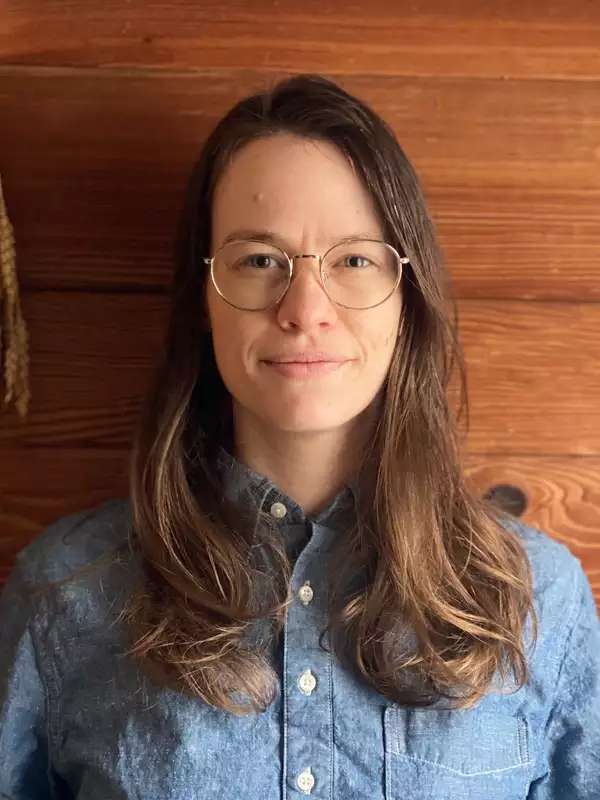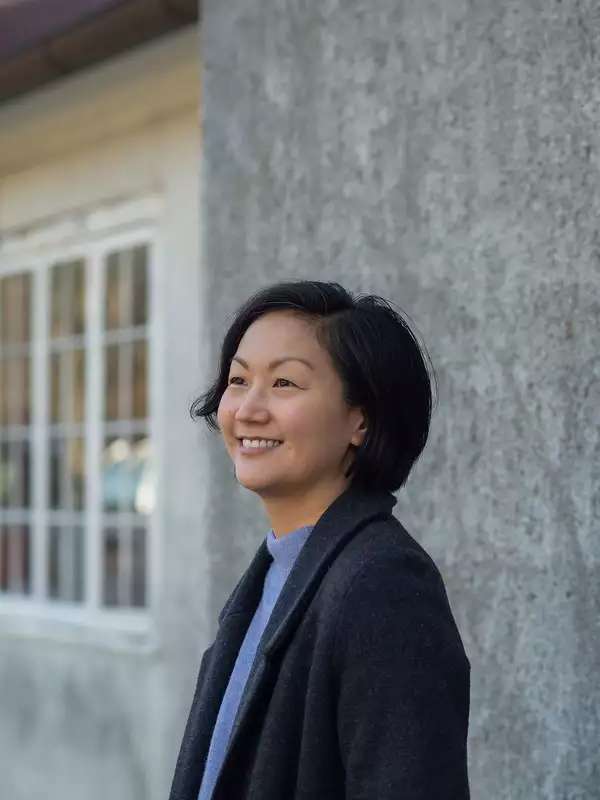For more than a century, Barnard has made championing LGBTQIA+ pride one of its important missions. In 1914, Dean Virginia C. Gildersleeve, as quoted in the OAH Magazine of History article “What’s a Crush? A Study of Crushes and Romantic Friendships at Barnard College, 1900-1920,” said that it is “quite proper for us to hope to make ourselves more worthy of our friend and the feeling she inspires.” And more recently, in 2019, Barnard celebrated the 50th anniversary of the Stonewall uprising with the screening of Salacia, a film by Black trans filmmaker Tourmaline. Over the generations, Barnard’s community has demonstrated its support by starting new clubs, like the Columbia Queer Alliance; marching in Washington, D.C., to demand equal rights; opening the Barnard Center for Research on Women (BCRW) in 1971 to advance feminist scholarship and social transformation through its work with activists, scholars, and community partners; and more. This bold legacy continues today with current students, who are creating change through their own advocacy efforts and support for the LGBTQIA+ community.
One such student is Mia Flowers ’23. In celebration of Pride Month (June), the economics and social history major discusses their personal relationship with Pride, issues facing the community, and their LGBTQIA+ role models. Read more in the “5 Questions With ...” interview with Flowers below.
What does Pride Month mean to you?
Pride Month, which should be 24/7, 365 days a year, is a demonstration of the resilience of a community that is dope. If it weren’t for those who fought for our rights, such as Marsha P. Johnson, Sylvia Rivera, Miss Major, and all BIPOC and Latine “transcesters” who have paved the way for the entire LGBTQIA+ community, we would not have the rights and protections we continue to fight for to this day.
Pride Month is a short period of time in which many companies, organizations, and people who are not necessarily queer claim they are allies and try to appeal to the LGBTQIA+ communities. However, for those who are in community, Pride can be whenever and for however long. This month allows people who have never met a chance to meet within our community and have a time for just us to celebrate our identities.
What does it mean to embrace LGBTQIA+ pride?
LGBTQIA+ pride for me is being able to live freely, knowing my existence is constantly going against cis, white, capitalist, settler colonialist norms.
What is an issue the LGBTQIA+ community is facing that many people might not know about?
From the denial of basic healthcare coverage to simply being in an elementary school classroom, the trans community is currently being hit by legislation across the United States that is trying to make their lives illegitimate. It is abominable that any person has the audacity to debate whether or not someone has the right to exist.
How are you planning to celebrate Pride this year?
With my girlfriend and my friends, who are gratefully all vaccinated, and continuing to be me.
Who are some of your LGBTQIA+ role models?
Marsha P. Johnson, Sylvia Rivera, Miss Major, Laverne Cox, Indya Moore, Kehlani, WiIlow [Smith], Kaash Paige, Mayra Andrade, Amandla Stenberg, Syd, Bianca Ranson, and truly any and all BIPOC icons.


